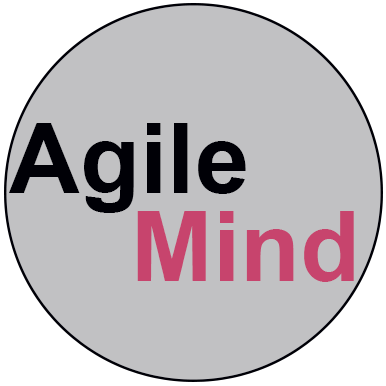Inflation can mean different things to different people. Here’s my take on the supply of money in the economy and your purchasing power.
by Mark McKee, 2 January 2023

The main effect we can observe from the term ‘inflation’ is when the purchasing power of your money decreases, due to the cause of the supply of money – as managed by the government and central bank – growing faster than there is demand to hold the currency.
American economist Peter J Boettke asserts that “government is using inflation to confiscate people’s wealth.”[1] Inflation is an increase in the quantity of money and credit (i.e. loans) and is not defined strictly as rising prices. Everyday parlance confuses the effect for the cause. It is well known that inflation discourages saving and investment. If my £100 is going to end up worth £90 next year, then I will think twice about depositing it in a savings account. One could argue that is restricting my freedoms to choose how I manage the hard-earned fruits of my labour. Effectively this requires me to adjust my time preference (a measure of how I prefer to manage my future over a time horizon, such as saving for retirement or using my money in the here and now) so that I am involuntarily moving from saving to spending. Some pundits have argued that inflation is caused by things like the war in Ukraine or by energy companies hoarding profits and not being taxed heavily for the burden being imposed on citizens for their exorbitant energy bills. These are over-simplified explanations that are also fallacious. Sure, the supply of oil and natural gas will impact the price of those commodities: the well-known law of supply and demand. Looking at inflation across an economy is linked to a broader basket of goods than commodities alone, so it isn’t accurate to assume gas prices as the main source of our falling purchasing power and erosion of savings. What these explanations conveniently omit is that the electronic creation of more money than there is economic activity (US stimulus packages, UK government quantitative easing) often means there is more money being created and loaned out than the actual output of the economy. This is far more significant than food and energy prices. Put simply by Boettke, “Any increase in the money supply not offset by an increase in money demand will lead to an increase in prices.” This is a mathematical relationship and not some ideological proclamation. Thus, managing inflation is within the control of government and central bank actors. It’s not hard to reflect on the massive amount of money created in 2020-21 while economic activity was shut down by government diktat.
Some writers such as David Golumbia have determined that anyone who thinks inflation of the money supply is correlated to a rise in prices are in thrall to “…a cardinal feature of right-wing financial thought to promote the idea that inflation and deflation are the result of central bank actions.”[2] Making these erroneous assertions stifles debate, even as a label “right-wing” is conflated with being a bad, selfish person. Economics affects us all and needs to be rigorously debated, given the state our society and public institutions are in. Just ask striking ambulance drivers, nurses, and train staff, who are seeing the cost of living outpacing their incomes that they have taken to industrial action. Ultimately, we need competent and financially literate government and central bank officials who will look out for the interests of their people and not be in thrall to technocratic groupthink. Our hapless governments and central bankers have created such a mess that there are no easy solutions while inflation rages and purchasing power falls.
[1] Peter J Boettke, Austrian School of Economics, Proposition 8: Money is nonneutral, 2019: https://www.econlib.org/library/Enc/AustrianSchoolofEconomics.html
[2] David Golumbia, The Politics of Bitcoin: Software as Right-Wing Extremism (Minneapolis, MN, University of Minnesota Press, 2016), 22.
545 total views, 1 views today

No responses yet